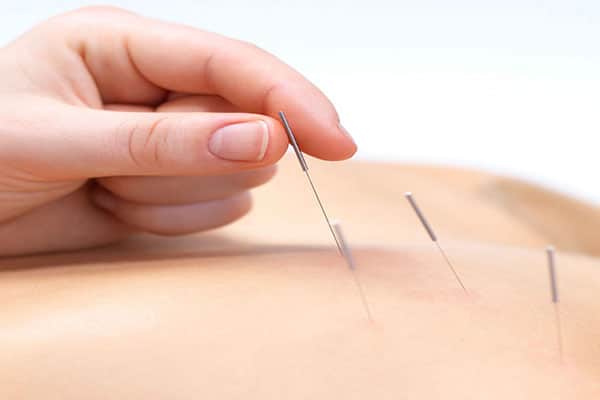News
Loose those extra pounds now. Get in touch with your body’s needs the ‘Traditional Chinese Medicine’ way

Some people eat to their heart’s content and never put on weight! Some try a variety of diets and still put on pounds!
The Western approach to diet tends to assume we are all constitutionally the same. So we are consequently advised if you want to lose weight, cut down on fats, eat more fruit, avoid fry-ups, stop putting sugar in your coffee and tea and if all else fails, cut down on everything and try slimming aids.
George Dellar MBRCP Lic.ac MRSS (T) DS a Traditional Chinese Medicine Practitioner explains why general dietary advice does not always work.
“The Oriental approach recognises that everyone has different dietary and nutritional needs based on their constitution. Most overweight people assume they are overeating. This may not be the case. Over 2000 years of observation in the East has led to a method whereby an assessment of an individual’s overall health can be made from that person’s answers to carefully prepared questions. There are many indicators that could point to why one person is more likely to put on weight than another. The healthy function of the stomach, spleen, liver, gallbladder and so on can have significant effects if they are not working in a balanced way. The propensity for a person to put on weight can be determined and if they fall into that category this pattern altered”
The following few questions have been specially prepared to help you determine whether you fall into the category of people that are likely to put on weight without overeating. It only gives a snap shot idea of your propensity to put on weight, however it gives an interesting indication.
Could you avoid putting on those unwanted pounds? This could be the answer you have always being looking for……
What is the most appropriate answer A, B, or C to the questions below, keep a note of how many A’s B’s and C’s you have, then see how you scored: –
SCORE
1 Is your appetite always poor?
A variable?B always good? C
2 Do you snack between meals?
all the time?A sometimes?B never? C
3 Do you suffer from sores in the mouth?
all the time?A sometimes?B never? C
4 Is your mouth dry?
all the time?A sometimes?B never? C
5 Do you suffer from bloating or wind?
all the time?A sometimes?B never? C
6 Do you experience dizziness
all the time?A sometimes?B never? C
7 Do you experience any muscular pain with a sensation right through to the skin?
all the time?A sometimes?B never? C
8 Do you get a dull pain in your stomach?
all the time?A sometimes?B never? C
9 Do you sweat unnaturally on your arms and legs?
all the time?A sometimes?B never? C
10 Do you suffer from constipation?
all the time?A sometimes?B never? C
11 Do you get a thirst with a desire to sip liquids slowly?
all the time?A sometimes?B never? C
12 Do you get a desire to only drink warm liquids?
all the time?A sometimes?B never? C
Now score your answers as follows: – If you ticked A score 3, B score 2 & C score 1 If your total score is:-
12 – 19 you are very unlikely to put on weight unless you overeat
20 – 27 you are at risk of putting on weight even if you do not overeat
28 – 36 you have a very high risk of putting on weight even if you do not overeat
fI your total score is between 20 and 36, the efficiency of your body’s ability to absorb foods and to work efficiently could be impaired. In Traditional Chinese Medicine (TCM) one of the reasons for this is the over-retention of moisture in the body, either as water or as phlegm, it is referred to as ‘damp’ and is frequently caused by combinations of over nutrition, lack of exercise exposure to damp environments and eating the wrong type of foods. Another reason your digestive system may not be very efficient could be related to the function of the eastern interpretation of the spleen organ. This organ (together with the stomach according to TCM) is related to assisting digestion and absorbing nourishment from our food. It controls the muscles in the four limbs and is closely related to the blood and is very easily influenced by eating the wrong type of foods.
However to find out in depth what foods would be needed to restore imbalances a fuller history is needed. There is a full diet questionnaire available which has taken the last 8 years to develop entitled ‘naturally healthy’. It asks 150 questions, dealing with a variety of health issues, and gives comprehensive food advice that can help balance and enable your body to work more effectively. This general health questionnaire can be requested from George Dellar and as he says:
‘Herein lies the key to helping people, the diet advice needs to be tailor made to counteract very specific imbalances, once corrected the body is able to function far more efficiently. The ‘naturally healthy’ advice sheets indicates what foods to include more of in your diet and what should be left out’.
To get your ‘naturally healthy’ questionnaire and more details email George Dellar info@naturallyhealthy.net
